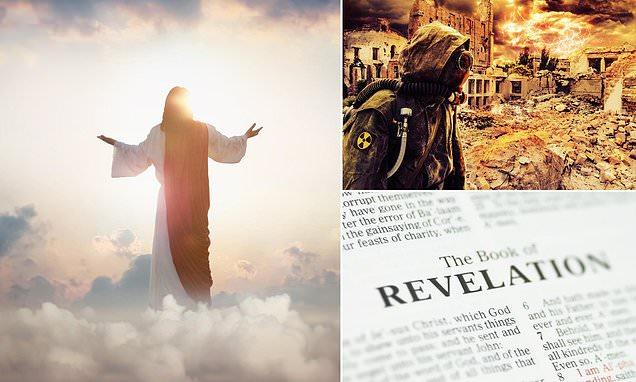Exploring the Concept of the Rapture Jesus

Introduction to the Rapture
The concept of the Rapture is a pivotal theme in Christian eschatology, representing the belief in an event where Jesus Christ will return to gather His faithful followers. This theological doctrine is often discussed during sermons and has been a source of hope and inspiration for millions of Christians worldwide. The importance of understanding the Rapture stems from its implications for belief systems and expectations regarding the end times.
The Biblical Basis of the Rapture
While the term ‘Rapture’ does not appear in the Bible, its conceptual underpinnings can be traced back to several key scriptures, notably 1 Thessalonians 4:16-17, which articulates the hope of believers that they will be ‘caught up’ to meet the Lord in the air. This passage, along with others like Matthew 24:30-31 and John 14:2-3, forms the basis of the Rapture doctrine, indicating a divine promise of salvation and reunion with Christ for those who have faith.
Current Perspectives and Interpretations
In modern Christian thought, interpretations of the Rapture can vary significantly among different denominations. Some believers advocate for a pre-tribulation Rapture, where Christ returns before a period of great suffering, while others adhere to a post-tribulation viewpoint, suggesting that believers will endure hardships before being raptured. These varying beliefs are often fueled by contemporary events, leading to discussions on signs of the times and the urgency to spread the Gospel message.
Significance of the Rapture in Contemporary Society
The Rapture remains a salient topic in current discussions about faith, morality, and the future of humanity. Many churches use the concept to encourage followers to strengthen their faith and live righteously, anticipating the return of Jesus. This perspective can energise believers, prompting them to engage more actively in community service and evangelism in preparation for the day of the Rapture. Moreover, the idea of the Rapture has permeated popular culture, influencing literature, films, and music, which adds another layer of influence on how it is perceived by both believers and non-believers alike.
Conclusion
In conclusion, the Rapture Jesus embodies a powerful theme of hope and expectation within Christian theology. As discussions around the Rapture continue to evolve, it is crucial for believers and seekers alike to delve into scripture and understand the implications of this doctrine. While interpretations may vary, the essence of waiting for divine intervention remains a significant aspect of faith for many, shaping their worldview and spiritual practices as they navigate the complexities of modern life.
